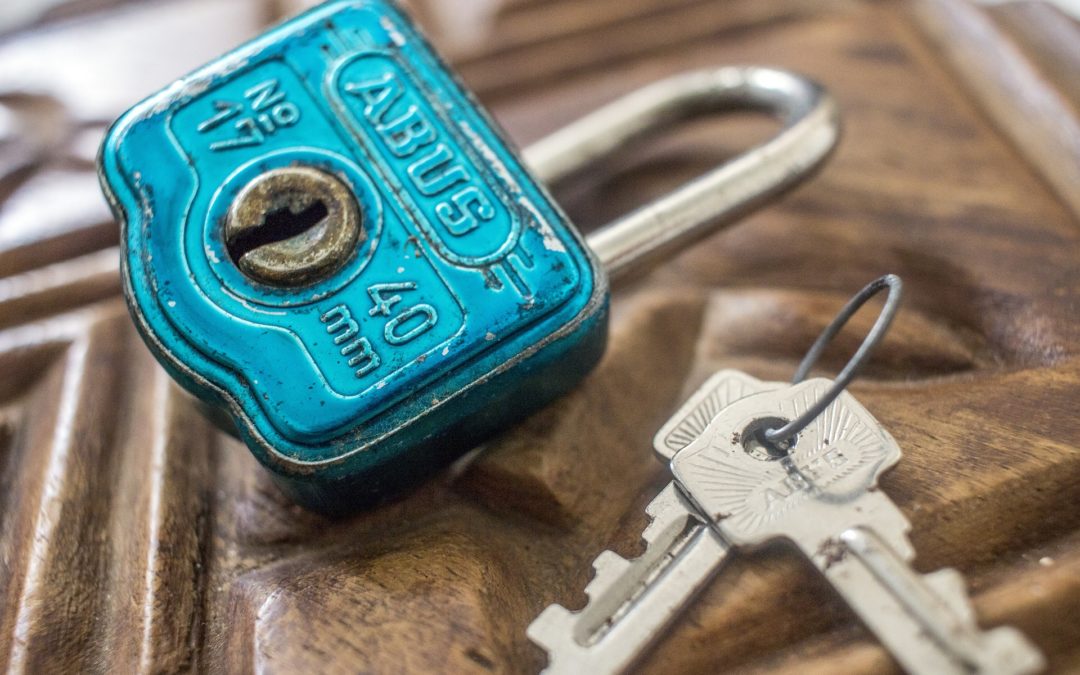You couldn’t be blamed for thinking a safe deposit box is the best place to store estate planning documents; after all, the name suggests that it’s a pretty safe place. However true, “safe” should not be your only criteria in determining where to store your estate planning documents. Accessibility is just as important…and therein lies the rub. Without joint ownership, loved ones will need a court order to get inside of any safe deposit box left in your name—an especially challenging hassle if the authority to get into the box is in the box (it happens). What kind of place, then, is safe from prying hands but sufficiently accessible should you pass unexpectedly? Where is the best place to store estate planning documents?
Perhaps your freezer
In this digital age, few things are shocking. That being said, it may come across as shocking that some attorneys recommend storing your last will and testament in the freezer is. Freezers can be fire- and flood-proof. However, your loved ones need to know to check between last decade’s chili and your leftover ice cream to ensure your assets aren’t ultimately distributed as if you’d died intestate. As long as your agents are aware of where you estate planning documents live—and you fully trust these agents and are comfortable with the threat of any “prying eyes”—your freezer may just be a workable place for your last will and testament.
How about your home office?
A home office is a less-than-ideal location for estate planning documents. First, you run the risk of fire or flood. A well-constructed fire box or document safe can mitigate this danger—but then you run into the safety deposit box issue: accessibility. If you opt for a home safe, be sure you have someone you can trust with the lock combination while you are still living, and make sure this person knows where the safe or fire box is kept. This doesn’t just mean a well-meaning loved one, but someone who is sound of mind and likely to remain in good health after your passing. If no obvious candidate exists, consider other options.
What about the cloud?
We don’t blame you for asking. After all, digital storage use is on the rise, and even recommended by some estate planning attorneys. This option is not without drawbacks, however. First, not all hospitals accept electronic copies of legal documents such as power of attorney or a health directive, and even some states still require original, wet-signed versions. Even if your state of residence is coming around to the times, it is still wise to maintain legally-binding, signed, hard-copies of all documents…which, of course, need to be stored. In addition, cloud storage, like a personal safe, is password protected and so the problem of to whom you entrust access remains unresolved.
So, what is the best solution for storing estate planning documents? The answer is…it depends. We’d love to chat with you about your needs, answer any questions you may have, and help you come to a decision about where to keep those important estate planning documents of yours!
Contact Attorney James M. Miskell, P.C.
The Estate Planning Law Group of Georgia is here to help you with all of your estate planning needs—from knowing where to store your estate planning documents to creating documents that will accomplish your goals and protect your family and loved ones. Attend one of our FREE upcoming estate planning workshops and learn a few simple steps to protecting your assets.

Recent Comments